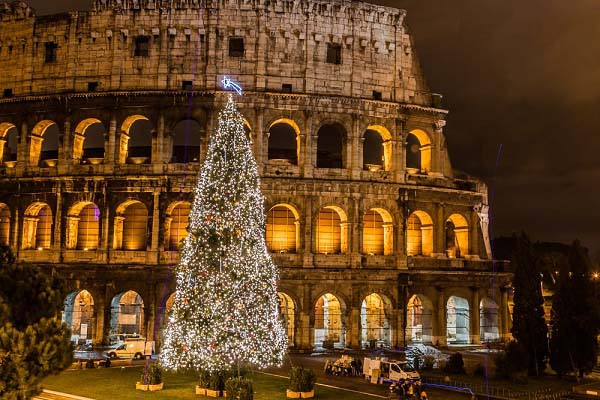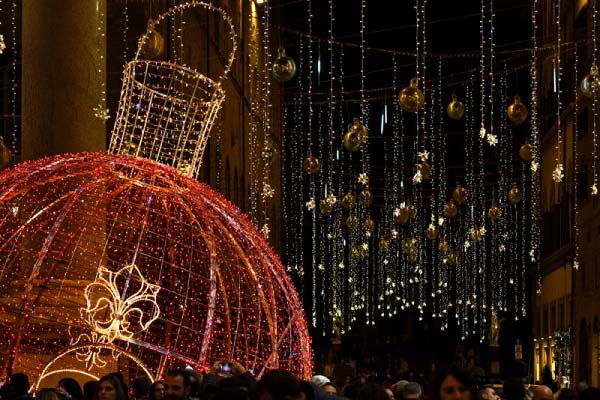Italy: Is Covid-19 threatening Christmas traditions?

Mark Camenzuli
Christmas as we know it has deep roots in Italy and, to this day, is celebrated similarly to how it was in the past.
However, as the Covid-19 pandemic changes the way holidays are celebrated, the question about whether Italy’s unique Christmas traditions will go on, even after the pandemic, remains.
One of the traditions affected by Covid-19 is the art of figurine making for ornate nativity scenes (presepi in Italian).
In an interview with international news agency Euronews, a presepi maker from Naples, said, “since the pandemic started, various shops have been selling figurines of nurses and people with face masks and green (COVID) passes”. I disagree with it. I like to stick to tradition”.

The Feast of the Immaculate Conception (Festa dell’Immacolata Concezione) on 8th December officially kicks off the beginning of the Christmas period in Italy, a public holiday when most cities turn on their festive lights and families get together to decorate their homes.
Following this feast, Saint Lucy’s Day (Santa Lucia) on 13th December is celebrated in some Italian regions such as Bergamo and Verona in the north, down to the Syracuse in Sicily.
The Novena, an ancient tradition of devotional praying, consisting of prayers repeated for nine successive days, starts on the 16th December. The tradition symbolises the journey of the shepherds to the manger.
Families take their children to Evening Mass in Church and go from door to door, often dressing their youngest as little shepherds to perform Christmas carols for money or sweets.

Once Christmas Eve arrives on 24th December, celebrations kick-off, and families come together for Midnight Mass. Some Italian households, especially in the south, will have their biggest meal on the day before heading off to church.
Christmas Day is celebrated with food, wine, presents and religious ceremonies. Meanwhile, Boxing Day, known in Italy as Saint Stephen’s Day (Santo Stefano), is much quieter, with families finishing off Christmas leftovers, followed by a mid-afternoon stroll or a game of bingo.
New Year’s Eve, and New Year’s Day, are followed by the Epiphany on the 6th January, which for Christians celebrates Jesus’ manifestation to the three wise men. This feast brings the holiday season to a close on a sweet note.





